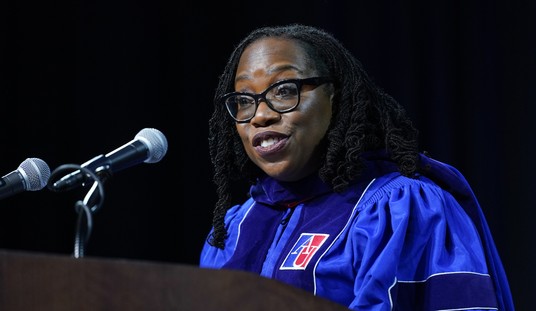Glenn Reynolds highlights a rather touchy story from across the pond, where Peter Lloyd, writing for the Telegraph, points out that the assumptions of both innocence and privacy are handled rather unequally in sexual assault cases. The primary case under discussion involves the handling of laws in the UK, but parallel debates are taking place in the United States today. Lloyd speaks rather passionately about what happened to Oxford University Union President Ben Sullivan following what turned out to be two unfounded rape allegations.
After five weeks of public humiliation, finger-pointing and gender bias – both on campus and in the media – police confirmed that he won’t face a single charge over two unfounded rape allegations.
Not one. Nothing. Nadda.
But, like countless men all over the world – including Paul Weller, Amy Winehouse’s ex-boyfriend Reg Traviss, Nigel Evans MP, William Roache and Craig Charles – Sullivan’s life has already been affected by a system that considers men’s innocence a bonus, not a baseline.
What a joke.
In a damning example of everyday sexism, Sarah Pine, President for Women at Oxford University Student Union, spearheaded a character assassination against the innocent 21 year-old, before the accusations against him had time to be considered.
While providing some historical background and analysis, Lloyd asks the central question in the debate:
So much for innocent until proven guilty.
Ben Sullivan’s prehistoric treatment not only proves that pre-conviction identification doesn’t work, but reiterates a very pertinent question: why, in our best-ever age of equality and human rights, are men still being denied their right to anonymity ahead of a not-guilty verdict?
It’s bonkers.
I suppose the first question would be, why do we – generally be default – provide anonymity to anyone involved in a pending criminal case? It seems to be restricted to sexual assault for the most part. You never see a robbery where the name of the accused thieves (or the bank, for that matter) are withheld from the public. But we can have a greater deal of sympathy for a rape victim, as such publicity can be tremendously painful on top of the damage already done.
But what about the damage to accused if the allegations turn out to be false? Ben Sullivan is one example in the UK, but America faces the same situations regularly. You don’t need to look back as far as the Duke student case, either. Ever since the #yesallwomen thing hit the social media circus we’ve seen similar eruptions. The names of four men on the Columbia campus were scribbled on bathroom walls, accusing them of sexual assault, and the media picked up on the story. The names were redacted in many, but the local news knew who they were and the word got out. Other examples may be found without much effort.
Even if no evidence turns up and nothing comes of the charges – as was the case with Sullivan – and they are never arrested, what happens to those individuals later in life? The internet never forgets, so what will a prospective employer think if they apply for a job, a quick web search is conducted, and their name pops up in link after link with the phrase sex offender plastered next to it? That’s not going to do much for your job prospects. Would anyone be held accountable? As things stand today, apparently not.
It seems as if some measure of equality is called for. If we are to deny the public information about ongoing criminal cases – and in rape trials, there’s clearly an argument to be made in that direction – doesn’t such protection deserve to go both ways?








Join the conversation as a VIP Member